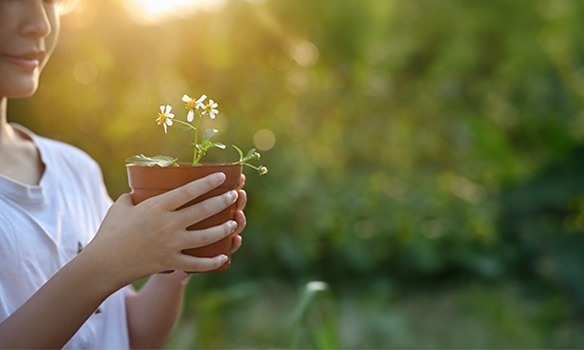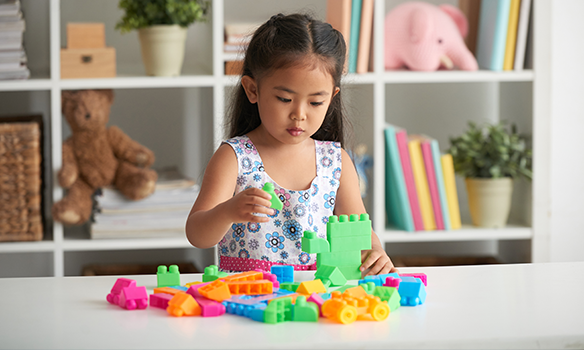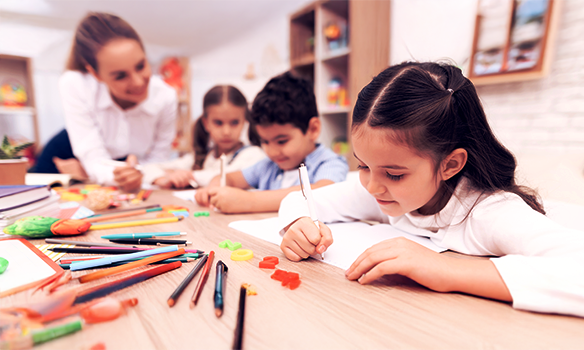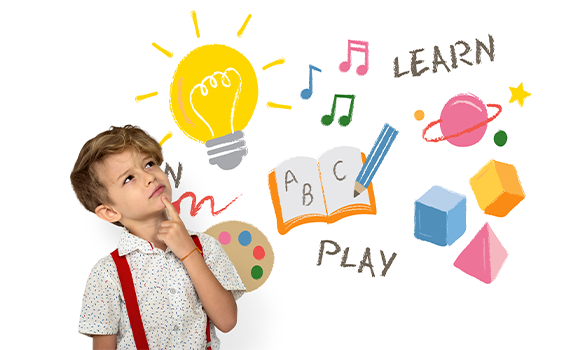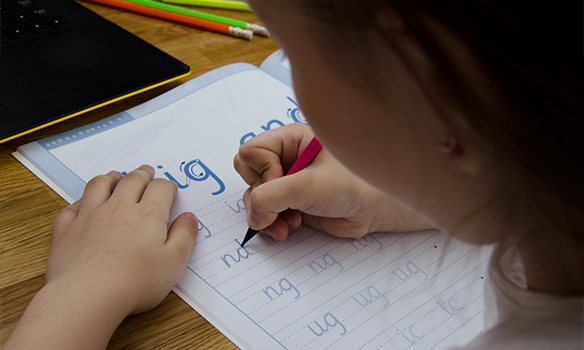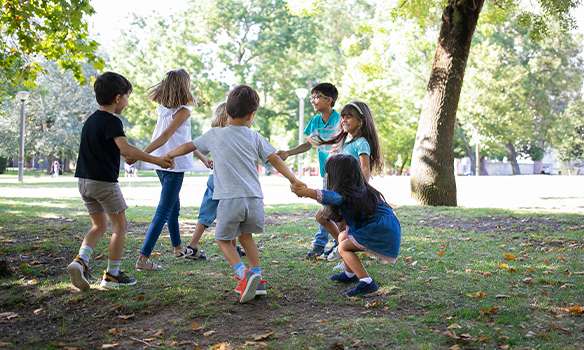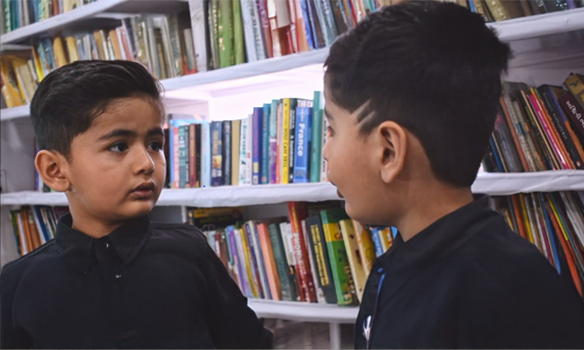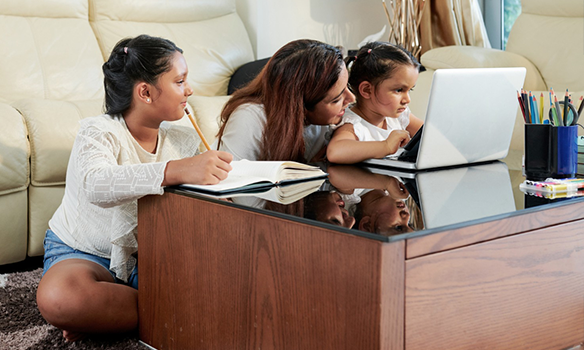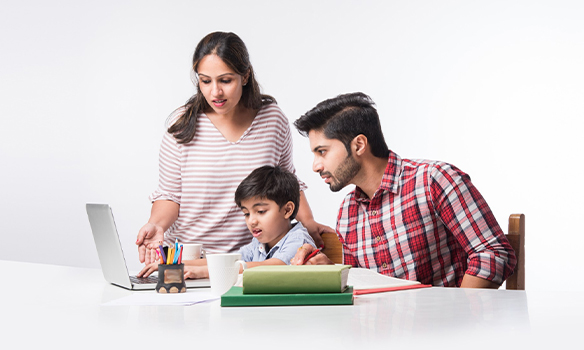Outdoor Learning: Engaging energetic kids
Energy is the fuel that powers the boundless potential within any child. Outdoor and
energetic activities are important for the gross motor development of children and
excessively energetic children need more engaging outdoor activities to help them learn
and grow to their full potential.
Some benefits of outdoor learning activities are listed below:
- Advanced motor skills
- Lower body mass index
- Better general health
- Improved muscle strength
- Greater self awareness
- Better communication
- Appreciation for the environment
- Foster independence
- Build resilience
- Aid with brain development and expand learning space
Here are some engaging outdoor learning activities that you could be a part of with your
kids to help them learn more, burn some of that energy and imbibe a healthy lifestyle.
Texture scavenger hunt
Place different nature objects in front of your children after blindfolding them. You
could choose objects like leaves, sticks, stones, flowers, etc. Ask them to feel the
texture of these objects. After that, tell them to go and fetch similar textured
objects from outside and tell them to name the objects.
This will not only enhance their sensory skills but will also teach them how to
name different objects. Additionally, you could also ask them to spell the names
of these objects to make their spell game stronger!
Gardening
Gardening has a lot of developmental, physical and psychological benefits. The
digging and pulling are good for sensory exploration and building strength. At the
same time, you could talk to your kids about different flowers and plants and how
to take care of them. It’s a skill that will always come in handy.
Nature hike
A trip in nature with the whole family is always a great idea. It’s an excellent way
to bond and teach children about various natural objects that you may come
across. Hiking develops strength and on these hikes, you can also teach your
kids about what to touch and what not to. For eg- Touching and putting unknown
plants in the mouth can be dangerous. And at the same time, they can also be
taught textures with items that are safe.
Chalk jump
For this game, you will need chalks in different colors. Select a safe sidewalk or
society lane where you can draw different numbers, letters, fruits, objects etc and
then ask your child to jump on them. This is a great way to develop motor skills,
use energy, and learn about various things. The topics can vary depending on
the age group.
Assemble a nest
Birds make the activity of making a nest look so easy. In reality, it’s not easy to
make a nest. Tell your children to build a nest. For that, they will have to
scavenge for materials and arrange them in a functional manner. You could also
give them some pictorial references. This activity helps in building their practical
skills and teaches them to design things that can be functional.
Compost food scraps in a bottle
Food waste is a problem all around the world. Teach your kids how to compost
your kitchen scrap and leftover food in a plastic bottle and use that compost for
your plants to teach your kids the practical usage and application of composting.
Hula Hoop Clock
This is an extremely playful and fun way to teach your kids time. It is also a very
interactive activity. Take a hula hoop and place it on the ground. Write numbers
inside it with chalk. Take two sticks- a long and a short one for the hour and
minute hand. Tell your kids to arrange the sticks according to the time you tell
them.
We, at Little Genius, believe that outdoor activities are very important in a
fast-technology-paced world like ours. We believe that we conduct the best English
Classes for kids in Vadodara, Ahmedabad, etc and the best Math classes in Surat along
with many other subjects but sometimes, it’s nice to slow down and add a different
perspective to teaching. We hope you found this article useful and that you can use
some of these games at home to play and learn with your child.
Related Blogs
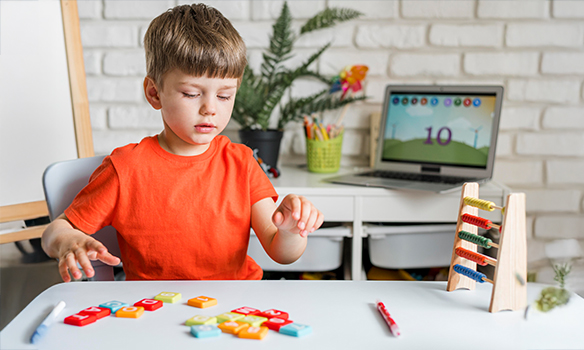
Early Learning in Nagpur: Using Phonics and Math to Build Strong Foundations for 3-Year-Olds






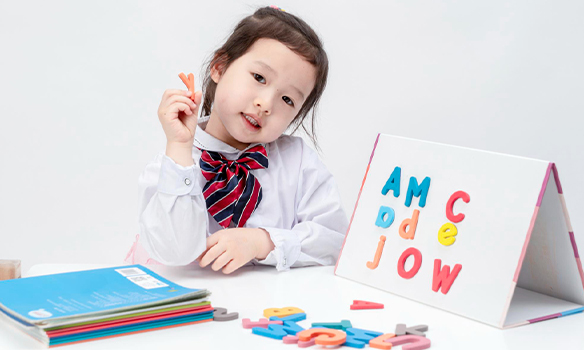
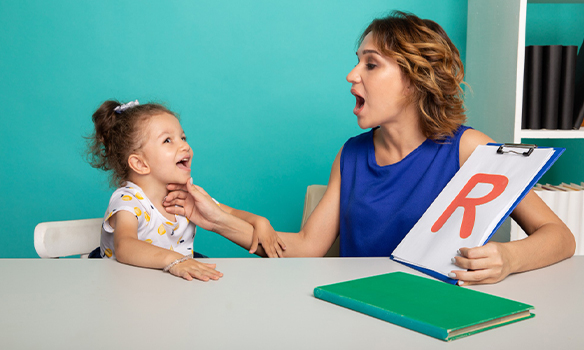
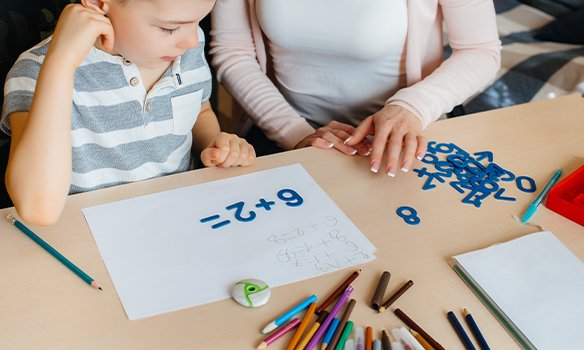
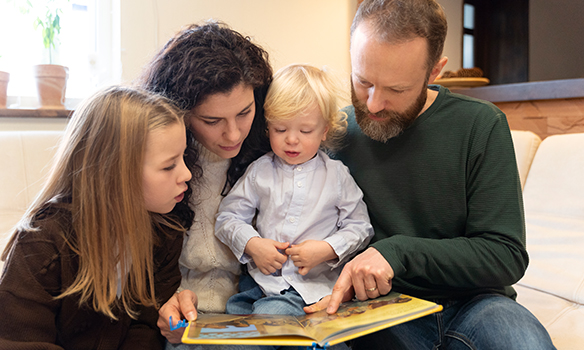
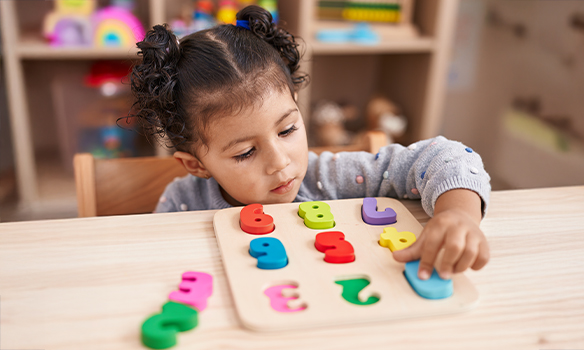
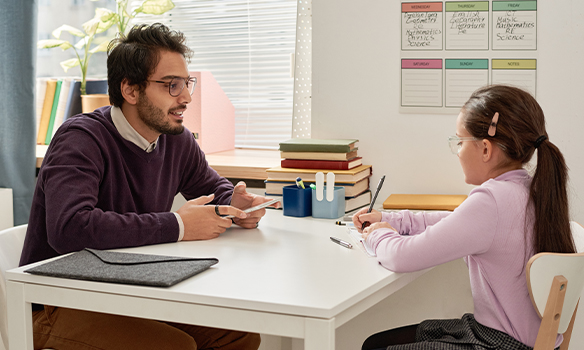


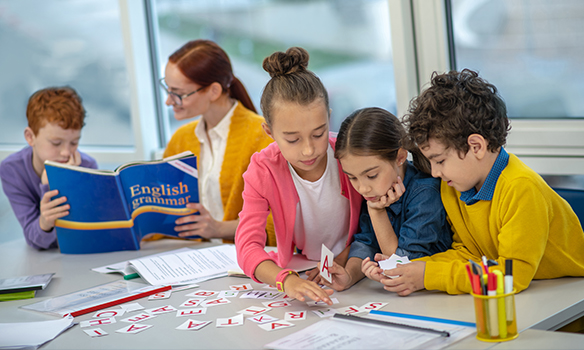
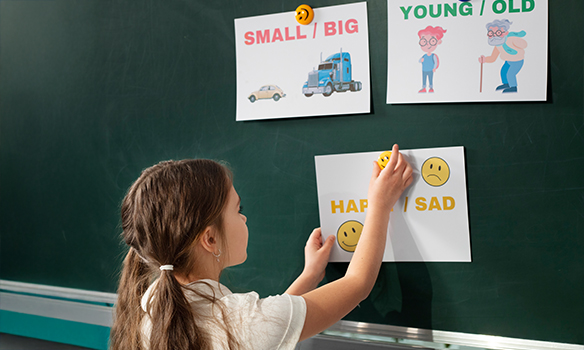
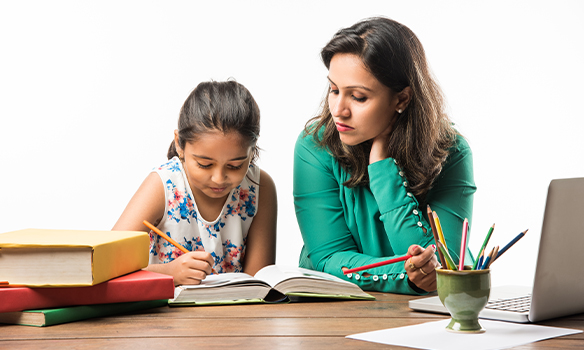

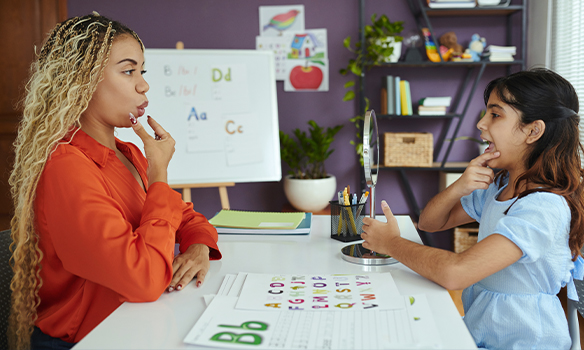


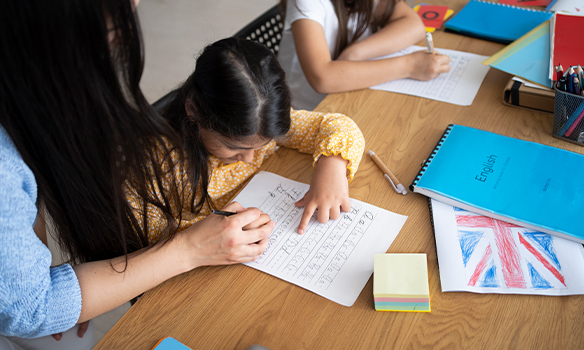

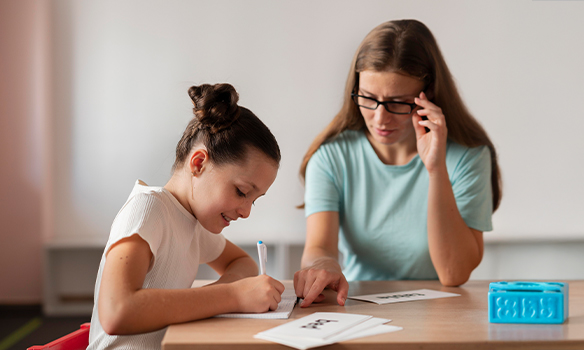
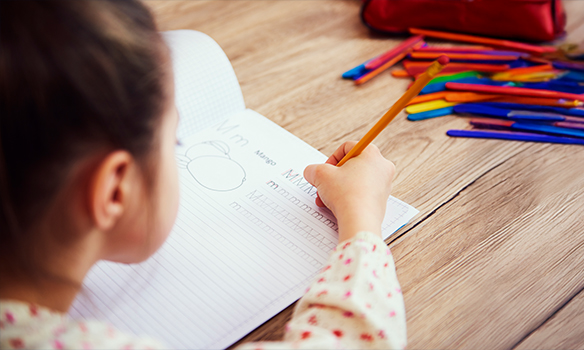
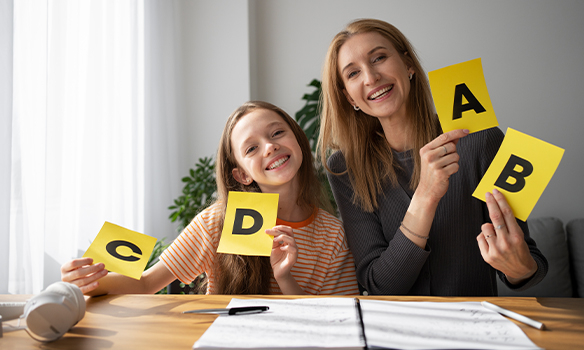
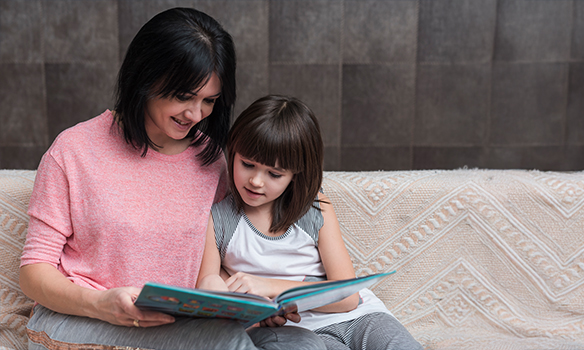


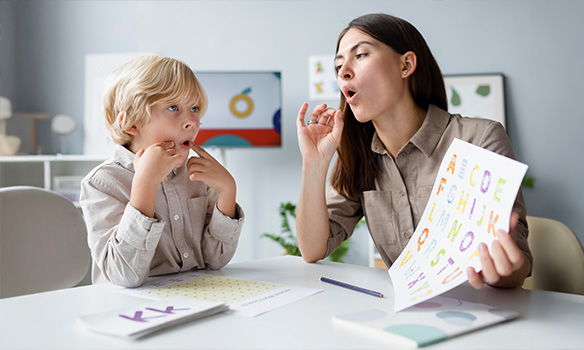
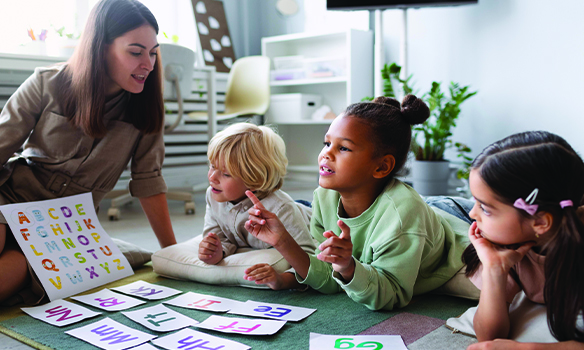
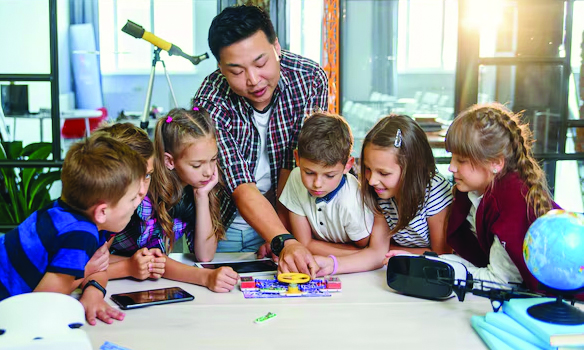

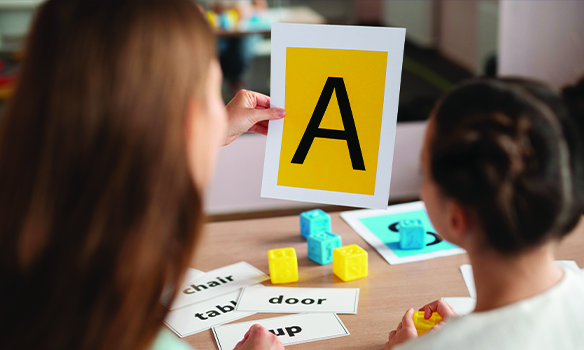
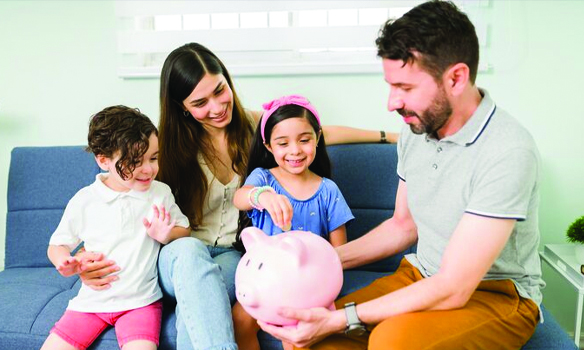

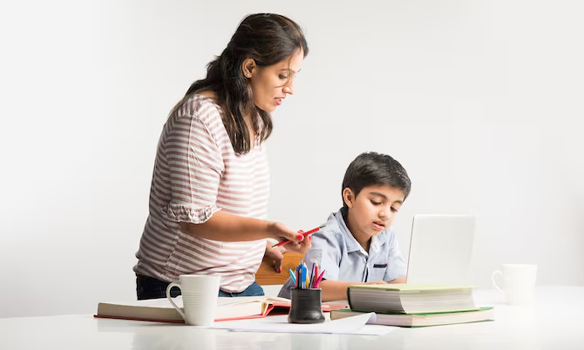
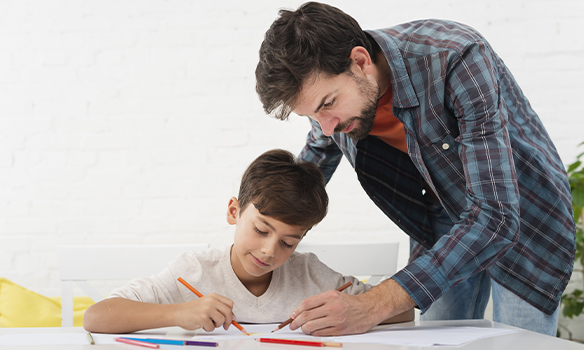


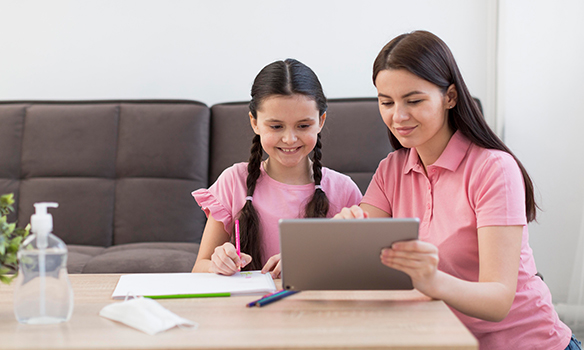
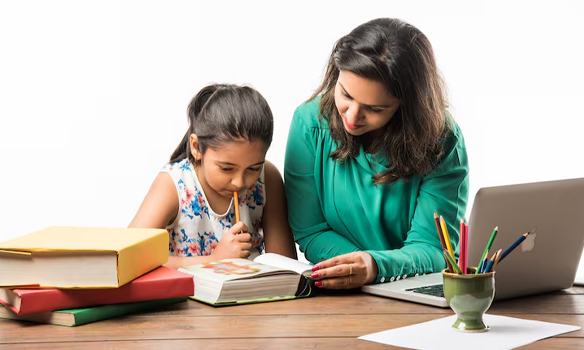
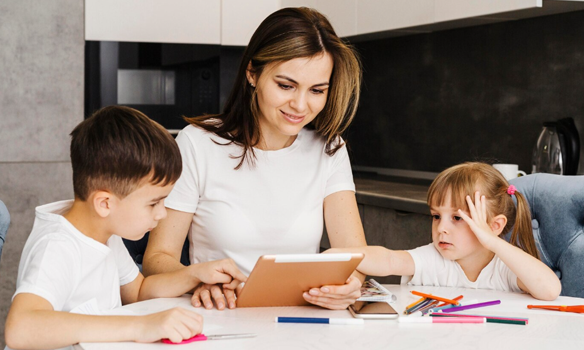


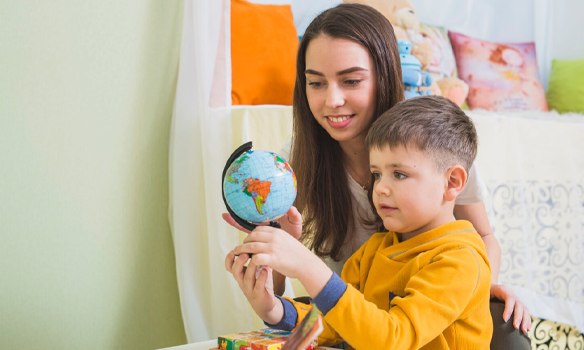
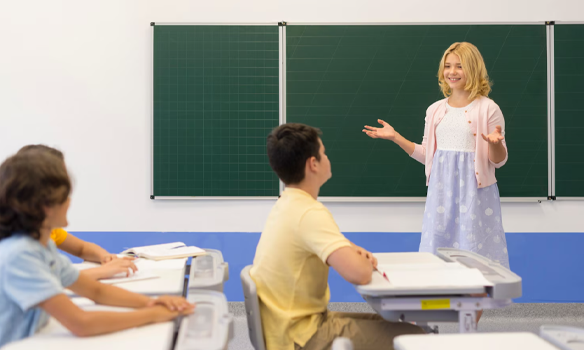

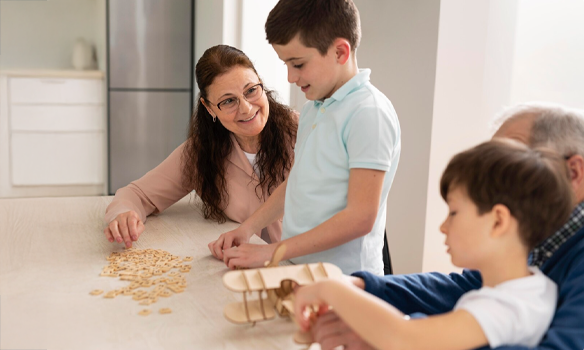

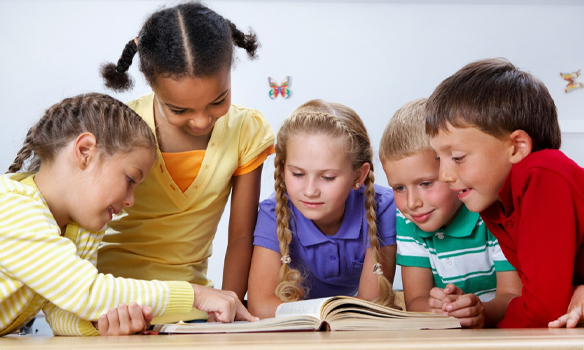





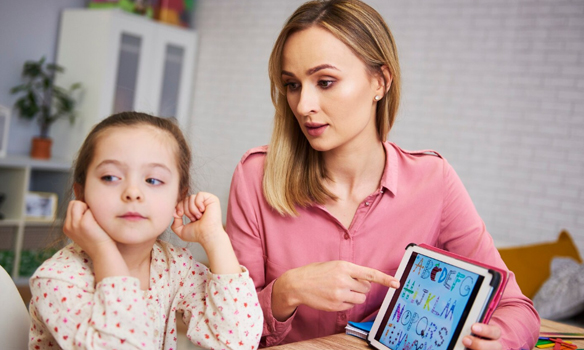



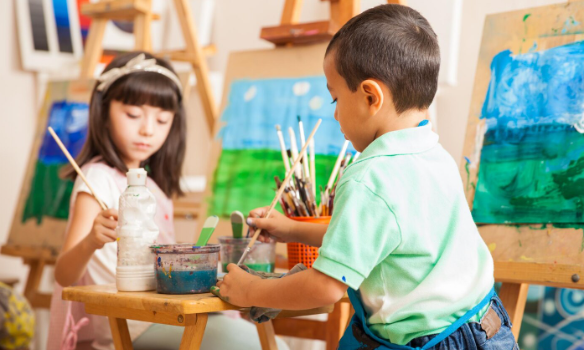

.jpg)

